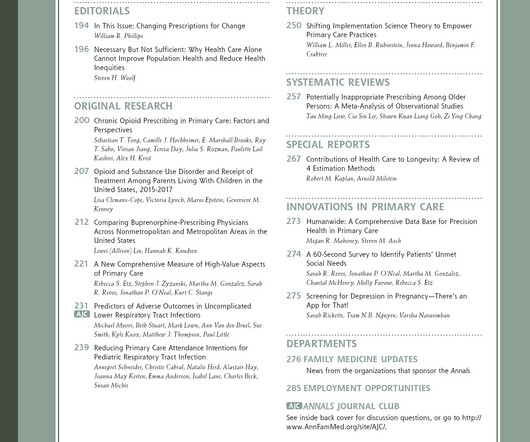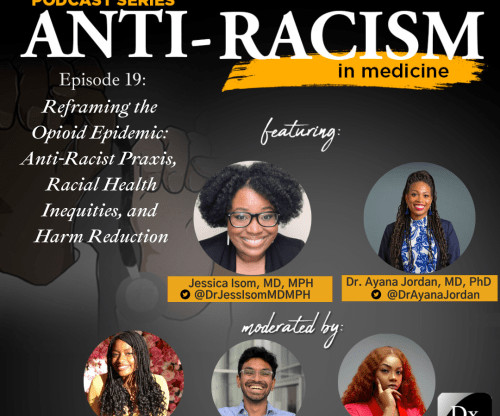The Future Of Vision And Eye Care
The Medical Futurist
JUNE 21, 2025
The 80-year-old Ray Flynn lost his central vision entirely, but with the help of the retinal implant, he could make out shapes on the computer screen. Their research showed promising results for lab rats, and they plan to carry out the first human trials in the second half of 2017 and gather preliminary results during 2018.












Let's personalize your content